What is Retail Banking?
- Retail Banking refers to the business that offers personal banking products and services to inpiduals in the mass market (also known as consumer banking or personal banking).
- Banking products include cash accounts, credit/debit cards, bancassurance, investment and loans to their customers. Advisory services pertaining to the suitability of financial products; and transactional services such as clearing of cheques or transfer of cash are also offered.
- Online banking are increasingly common for retail banking. Retail banks introduce digital based banking platforms to facilitate ease of banking transactions and to maximize reach as customer base is huge
Retail Banking in Singapore
- High penetration rate (98% according to World Bank data) and high savings rate have resulted in retail banking being a key enabler for the growth of Singapore’s economy.
- Retail banks operating in Singapore include home-grown local banks (eg. DBS, OCBC and UOB) and foreign banks that incorporate their retail banking arm locally (eg. Citibank, HSBC, Maybank, Standard Chartered Bank).
- Singapore retail banks are supervised and regulated by Monetary Authority of Singapore (MAS). MAS identified 7 biggest retail banks (listed above) as Domestic Systemically Important Banks (D-SIBs) with additional regulations.
- Singapore’s retail banks contribute to Singapore’s progression into a cashless society. In July 2017, Association of Banks in Singapore (ABS) launched PayNow, a peer-to-peer funds transfer service that enables customers of participating retail banks to send and receive Singapore Dollar funds from one bank to another by using their mobile number.
Did you know?
Cashless Payments in Singapore Rapid adoption of Peer-to-peer (corporate and consumer) services that instantaneously transfer funds through mobile numbers or a Unique Entity Number (UEN).
PayNow: Launched July 2017 PayNow Corporate: Launched 20 Jun 2018 PayNow QR: Integrated with SG QR on 11 Nov 2019 |  |
Retail Banking in Singapore
- High penetration rate (98% according to World Bank data) and high savings rate have resulted in retail banking being a key enabler for the growth of Singapore’s economy.
- Retail banks operating in Singapore include home-grown local banks (eg. DBS, OCBC and UOB) and foreign banks that incorporate their retail banking arm locally (eg. Citibank, HSBC, Maybank, Standard Chartered Bank).
- Singapore retail banks are supervised and regulated by Monetary Authority of Singapore (MAS). MAS identified 7 biggest retail banks (listed above) as Domestic Systemically Important Banks (D-SIBs) with additional regulations.
- Singapore’s retail banks contribute to Singapore’s progression into a cashless society. In July 2017, Association of Banks in Singapore (ABS) launched PayNow, a peer-to-peer funds transfer service that enables customers of participating retail banks to send and receive Singapore Dollar funds from one bank to another by using their mobile number.
 | Accounts & Payments | |
| Accounts/Deposits | Collective terms of various types of accounts such as savings account, current account or time-deposits. |
| Cards & Payment Services | Refers to credit cards and debit cards.
Credit cards allow cardholders to borrow funds to pay for goods and services.
Debit cards deduct money directly from a cardholder's account at point of sale.
Mobile payment servies such as peer-to-peer payment (e.g. PayNow) and mobile wallets (e.g. PayLah!) are gaining popularity amongst retail bank customers. |
 | Loans | |
| Loans | Retail banking offers loans to clients either on a secured (e.g. mortgages) or unsecured basis (e.g. renovation, cashline) |
 | Wealth Management & Protection |
|
| Insurance | Financial products that allow buyers to hedge against the risk of financial losses such as losses arising from the loss of life, medical conditions or hospitalization.
Partnership arrangements with insurance companiesto distribute insurance products via the retail banks' network (known as bancassurance). |
| Investment | Investing is the act of committing money or capital to an endeavour with the expectation of obtaining a return. Banks in Singapore offer various investment products such as unit trusts, Exchange Traded Funds (ETF), treasury products (foreign currency deposits) and structured deposits.
Technology and financial innovation such as robo-investments will drive the product offerings to the retail customers. |
Current and Emerging Trends
- Changing demographics, better mobile connectivity and proliferation of smart phones have resulted in the growth of digitally savvy customers with rising service expectations. Retail banks have responded successfully by focusing on (i) holistic customer experience, (ii) an easier and more efficient banking process, and (iii) expansion of online digital services.
- Relationship with customers shift from one-dimensional transactional-based conversation to a more need-based approach focusing on customer lifecycle and lifestyle. Retail banks have to be sensitive to the needs of each customer's life situation and provide targeted product offerings.
- Opportunity for retail banks to bundle product offerings to enhance “holistic” banking relationship.
- Niche services to specific groups of customers (eg. Frank by OCBC for young adults and DBS Premier Income Account for senior citizens). Customer segmentation does not only apply to different tiers of Asset-Under-Management (AUM) but also to lifecycle and lifestyle.
- Retail banking continues to introduce fast and convenient banking touchpoints, eg (i) leveraging existing facial or fingerprint recognition technology for authentication into self-service banking apps, (ii) FAST (Fast and Secure Transfers) to allow customers of a participating bank to transfer cash instantaneously in Singapore, (iii) use of chatbot to address customers queries, etc.
- Increased concern on cyber security going forward due to (i) increased usage of online services by customers, and (ii) expected usage of more Application Programming Interface (API) where banks’ systems are available to third parties depending on the arrangements between the retail banks and API developers, and (iii) data protection due to clear consequences of sensitive data leak.
Did you know?The first Automated Teller Machine (ATM) was introduced in Singapore in the year 1979. It had all the basic operations similar to the current day ATM. Account holders had a "card" and a secret code - or Personal Identification Number (PIN). It was so novel back then that banks had to put up advertorials on how to use them. |  |
Key Challenges
- Increasingly, retail banks have to juggle between positioning for mass market while trying to offer more personalized services. Retail banks have to leverage on technology like data science and predictive analytics to enhance customer experience and at the same time ensure security of sensitive data. This is a conundrum that many retail banks face.
- Retail banks need to find the right balance between perting customers to utilize online service offerings and maintaining the optimal number of bank branches.
- Fintech companies have the potential to disrupt retail banks by providing selected banking services at lower cost or with better user experience to encourage existing retail bank customers to switch.
- High retail banking penetration rate in Singapore means that retail banks need to be more creative in originating new product offerings, adopt more innovative banking practices and transform into an agile organization to gain competitive advantage.
A Career in Banking
To better understand the possible career pathways in Private Banking, you may refer to the Skills Framework for Financial Services.
The Skills Framework (SFw) is a SkillsFuture initiative developed for the Singapore workforce to promote skills mastery and lifelong learning, and is an integral component of the Financial Services Industry Transformation Plan.
Jointly developed by SkillsFuture Singapore (SSG), Workforce Singapore (WSG), Monetary Authority of Singapore (MAS), and the Institute of Banking and Finance (IBF), together with industry associations, training providers, organisations and unions, the Skills Framework for Financial Services provides useful information on:
- Sector information;
- Career pathways;
- Occupations and job roles;
- Existing and emerging skills; and
- Training programmes for skills upgrading and mastery.
Banking glossary
Please refer to commonly used banking terms and acronyms
here.

 Overview
Overview












